二次分离型旋风预热器的流场分析与优化毕业论文
2020-06-22 22:57:58
摘 要
旋风预热器是现代新型干法水泥生产过程中的核心装备之一,其性能对水泥预分解窑的电耗以及烧成热耗有着很大的影响。本文通过在二次分离型旋风预热器内设置整流器来对其进行优化,并通过实验进行分析,结果表明:在旋风预热器的气体三维流场中,气流的切向速度起主导作用,随气流一起进入到旋风预热器内的物料颗粒在切向速度的作用下被甩到筒壁处,并在轴向速度的作用下沿着筒壁向下作旋转运动,到达预热器底部后完成气固分离。此外切向速度的大小还决定了物料的临界分离粒径的大小,在截面风速一定的情况下,切向速度越大且稳定,物料分离的临界粒径就越小。设置整流器对二次分离型旋风预热器的三维流场的切向速度和径向速度影响不大,但对轴向速度有较大影响,而在旋风预热器气固分离过程中,较大的切向速度会为物料提供更大的离心力,从而提高分离效率,二次分离型旋风预热器的最大切向速度达56m/s左右,说明二次分离型旋风预热器较一般预热器有较好的分离效率。加装整流器后,阻力系数降低,从二次分离旋风预热器的110.54降低到92.9,减阻效果明显,但是对分离效率影响不明显。对于二次分离旋风预热器来说,在内筒中设置整流器是一个有效的降阻措施。
关键词:旋风筒 二次分离 流场 阻力损失 分离效率
ABSTRACT
Cyclone preheater is one of the core equipments in modern new dry process cement production, and its performance has a great influence on the power consumption and firing heat loss of cement precalciner kiln. In this paper, a rectifier is installed in the secondary separation type cyclone preheater to optimize it and analyze it through experiments. The results show that the tangential velocity of the airflow plays a leading role in the gas three-dimensional flow field of the cyclone preheater. The particles of the material entering the cyclone preheater along with the gas flow are thrown to the wall of the cylinder under the effect of tangential velocity, and are rotated downward along the cylinder wall under the action of the axial velocity to reach the bottom of the preheater. After completion of gas-solid separation. In addition, the size of the critical separation particle size is also determined by the tangential velocity. With a certain cross-sectional wind speed, the tangential velocity is greater and stable, and the critical particle size of the material separation is smaller. Setting the rectifier has little effect on the tangential velocity and radial velocity of the three-dimensional flow field of the secondary separation type cyclone preheater, but has a great influence on the axial velocity, and in the gas-solid separation process of the cyclone preheater, The large tangential velocity will provide more centrifugal force for the material, thereby increasing the separation efficiency. The maximum tangential velocity of the secondary separation cyclone preheater is about 56m/s, indicating that the secondary separation type cyclone preheater is more pre- Heater has better separation efficiency. After installing the rectifier, the drag coefficient decreased from 110.54 for the secondary cyclone preheater to 92.9. The drag reduction effect was obvious, but the effect on the separation efficiency was not obvious. For the secondary separation cyclone preheater, setting the rectifier in the inner cylinder is an effective resistance reduction measure.
KEYWORDS:Cyclone preheater;Secondary separation;Flow field;Resistance loss;Separation efficie
目录
摘 要 I
ABSTRACT II
第一章 绪论 1
1.1 课题的提出及意义 1
1.2 课题的研究背景 2
1.3 旋风预热器 3
1.3.1 旋风预热器的工作原理 3
1.3.2 影响旋风预热器性能的因素 5
1.3.3旋风预热器的内筒 5
1.4 冷态模型试验的原理及应用 6
1.5 本章小结 7
第二章 研究内容与实验方法 8
2.1 研究内容 8
2.2 实验方法 8
2.2.1二次分离型旋风预热器冷态模型的设计与制作 8
2.2.2 实验方案 9
2.2.3 实验装置流程和设备 12
2.3 本章小结 14
第三章 实验结果与分析 15
3.1主要实验内容 15
3.2流场测定与分析 15
3.2.1 原型流场测定与分析 15
3.2.2 整流器对二次分离旋风预热器的影响 19
3.3 阻力损失的测定与分析 23
3.4 分离效率的测定与分析 24
3.5 本章小结 26
第四章 结论与展望 27
参考文献 28
第一章 绪论
1.1 课题的提出及意义
自十九世纪二十年代英国建筑工人阿斯谱丁取得了水泥生产专利后,经过200年的发展,水泥工业已经有了重大的改革。其生产过程中的主要工艺—熟料煅烧粉磨工艺,经历了很多次的技术变革,各项性能指标都达到了一个很高的水平。从最开始的间歇式水泥生产土立窑,到可以实现连续生产水泥熟料的立窑,最后出现了回转窑,并且其形式和规格进行了不断的发展变革,每一次的的变革,都对水泥的生产起到了划时代的影响。上个世纪30年代开始采用半干法生产;五十年代出现了悬浮预热窑;七十年代预分解法问世,随着窑外预分解技术出现,,旋风预热窑发展迅速,各国也开始大力研究改进旋风预热器,使其技术不断突破发展[1]。因此新型干法水泥技术取得了巨大的进步,在现代的水泥生产中占据关键地位[2]。
新型干法水泥生产工艺中,悬浮预热技术是新型干法水泥生产工艺的核心技术之一。悬浮预热技术的原理是将低温粉体物料放入高温气流中均匀分布,使粉体物料与悬浮状态下的气流进行热交换,实现快速加热升温[3]。在传统的湿法回转窑和干法回转窑生产技术中,水泥原料的预热,分解和烧成均在窑内完成。 旋风预热技术完全改变了水泥生料预热的传热状态和形式,由窑尾预热器和分解炉取代了传统生产中回转窑所承担的预热和分解过程,生料的悬浮状态使其能更高效的进行。而悬浮预热技术的核心装备是悬浮预热器,悬浮预热器主要有两种形式,分别为旋风预热器和立筒预热器,在时代的潮流中,立筒预热器渐渐淡出了水泥工业的舞台,旋风预热器经历了严格的考验成为唯一的赢家。提高旋风预热器的性能成为了新型干法水泥工艺中重要的课题,而对其结构的优化设计和改造是重要途径[4-7]。
相关图片展示:
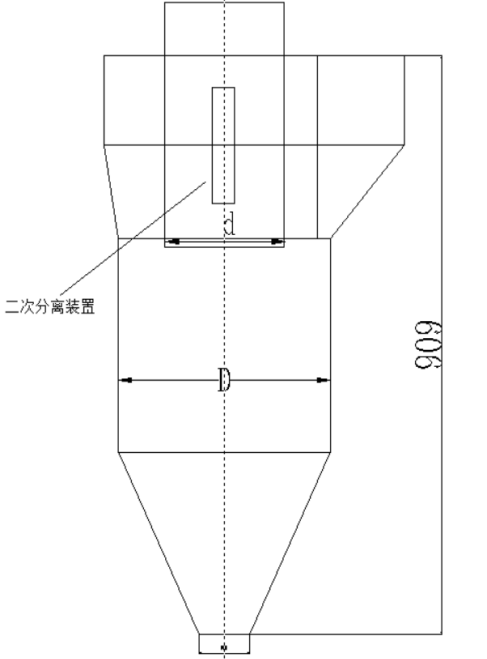
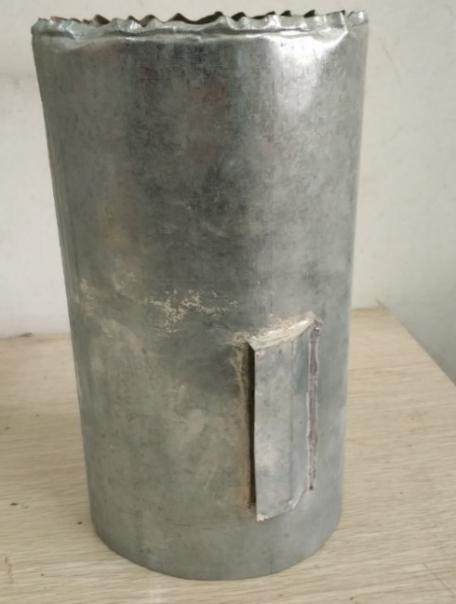
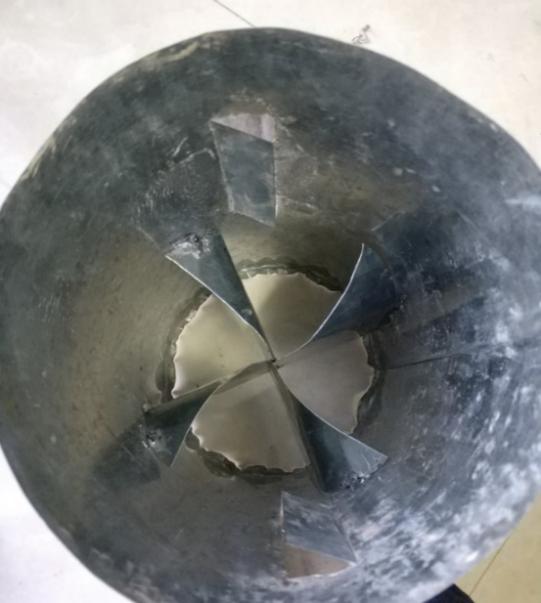

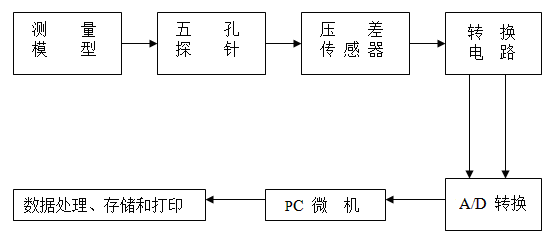
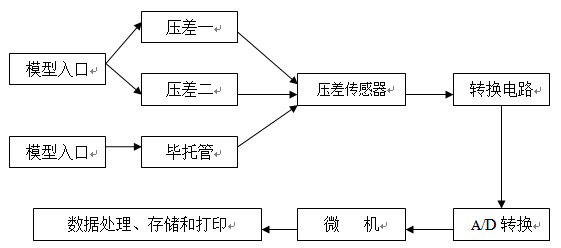
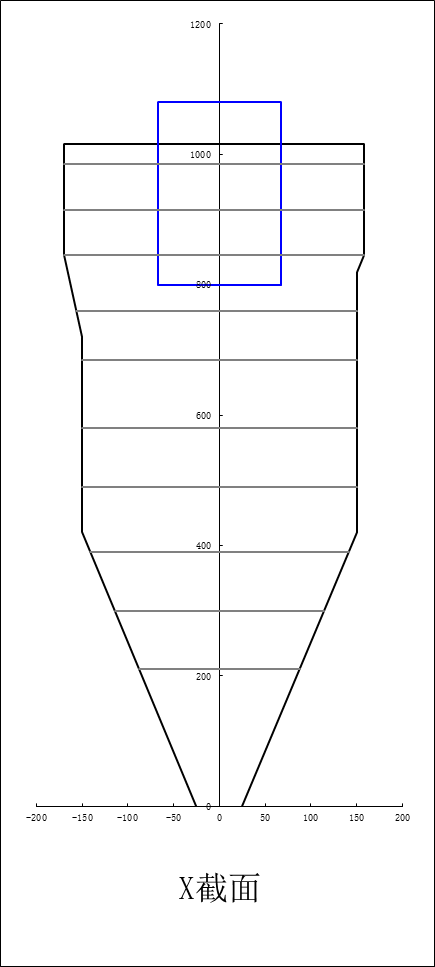
课题毕业论文、开题报告、任务书、外文翻译、程序设计、图纸设计等资料可联系客服协助查找。



